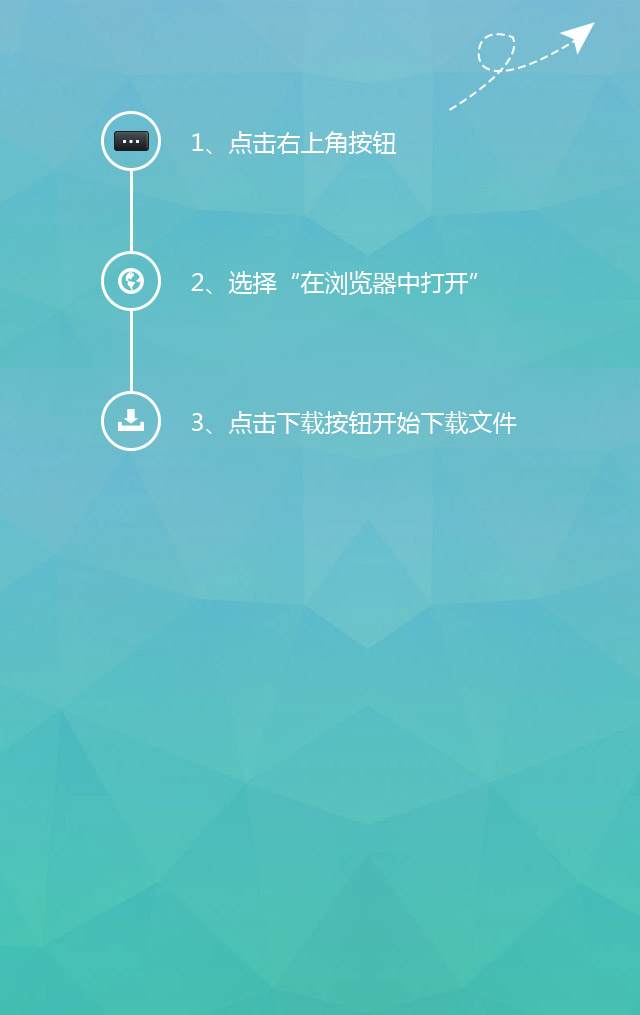Explain what is a water treatment inhibitor?

For boiler water and circulating cooling (neutral medium); Hydrochloric acid for removing pot scale and acid leaching solution (acid medium) for removing rust of plated parts before electroplating; Gas phase inhibitor (gas medium) can be water treatment inhibitor.
Water treatment inhibitors are subdivided into polymer inhibitors, organic inhibitors and inorganic inhibitors:
Polymer corrosion inhibitor: polymer chemicals of some oligomers such as polyethylene, poca, polyaspartic acid, etc.
Organic corrosion inhibitors: phosphonic acid (salt), phosphonic carboxylic acid, ryukyl benzothiazole, benzotriazole, sulfonated lignin, etc.
Inorganic corrosion inhibitors: chromate, nitrite, silicate, molybdate, tungstate, polyphosphate, zinc salt, etc.
Although the water treatment inhibitor can slow down the corrosion of the equipment to a certain extent, so as to prolong the service life of the equipment, the inhibitor also has certain harm to the environment:
Although the dosage of corrosion inhibitor is about 0.1% - 1%, it will still leave a small amount of phosphorus in industrial sewage, which may cause water eutrophication.
Tips: the corrosion inhibition effect of water treatment inhibitor is closely related to its concentration and the pH value, temperature and flow rate of the medium, so it should be strictly selected according to the protected object and environmental conditions.
Recommend
-

-

QQ Zone
-

Sina Weibo
-

Renren.com
-

Douban

